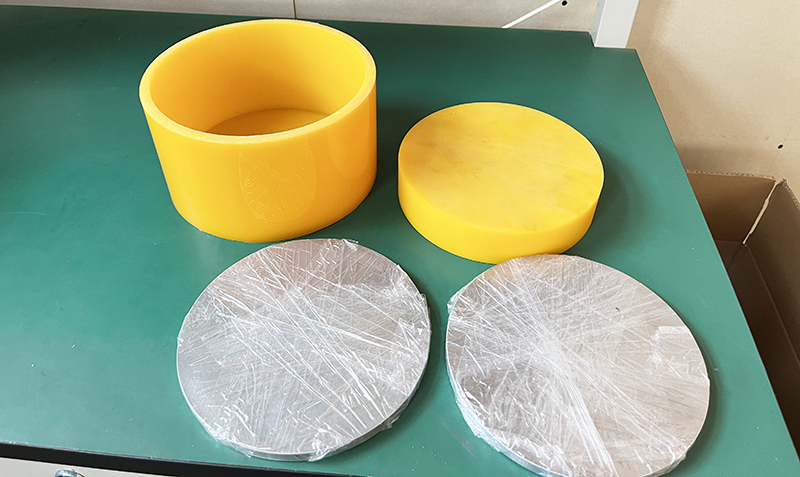THE FORMATION OF ISOSTATIC PRESSED GRAPHITE
1. About isostatically pressed graphite
Isostatically pressed graphite is a new type of graphite material developed in the 1960s with a series of excellent properties. For example, isostatically pressed graphite has good heat resistance. In an inert atmosphere, its mechanical strength not only does not decrease, but increases as the temperature increases, and will reach the highest value at about 2500 °C; Compared with common graphite, it has fine and dense structure with good uniformity; low coefficient of thermal expansion, excellent thermal shock resistance; strong chemical resistance, good thermal and electrical conductivity; excellent machinability, and it is also isotropic.
Isostatically pressed graphite is pressed from high-purity graphite. Isostatically pressed graphite is a new type of graphite material, and it is a high-quality graphite material. Because of its excellent characteristics, it will inevitably be closely connected with high-tech and national defense cutting-edge technology, and become one of the most valuable new materials in the 21st century. With the economic development, the domestic and international market capacity of hydrostatic graphite is increasing day by day, and its development potential is huge.
2. Forming of isostatically pressed graphite
Different from ordinary extrusion molding and molding, isostatically pressing graphite is formed by cold isostatic pressing technology. The raw material pressed powder is filled into a rubber mold, and the pressed powder is compacted by high-frequency electromagnetic vibration. After sealing, vacuum is performed to discharge the air between the powder particles, the powder will be put into a high-pressure container with liquid medium such as water or oil, and then the powder will be pressurized to 100 to 200 MPa, pressing into cylindrical or rectangular products. According to Pascal's principle, the pressure is added to the rubber mold through a liquid medium such as water, and the pressure in all directions is equal. In this way, the compressed powder particles are not oriented in the filling direction in the mold, but are compressed in an irregular arrangement way. Therefore, although graphite is anisotropic in crystallographic properties, as a whole, isostatically pressed graphite is isotropic. In addition to cylinders and rectangles, the formed products also have shapes such as cylinders and crucibles.
Isostatically pressed graphite has been widely used in advanced ceramics, powder metallurgy, NdFeB magnetic materials, cemented carbide, aquatic product shelling and seawater pressure testing industries. Due to the needs of high-end industries such as aerospace, nuclear industry, cemented carbide, and high-voltage electromagnetism, the technology of isostatically pressed graphite has developed very rapidly. It already has the capacity of a cold isostatic pressing machine with an inner diameter of 3000mm, a height of 5000mm and a maximum working pressure of 600MPa.




















